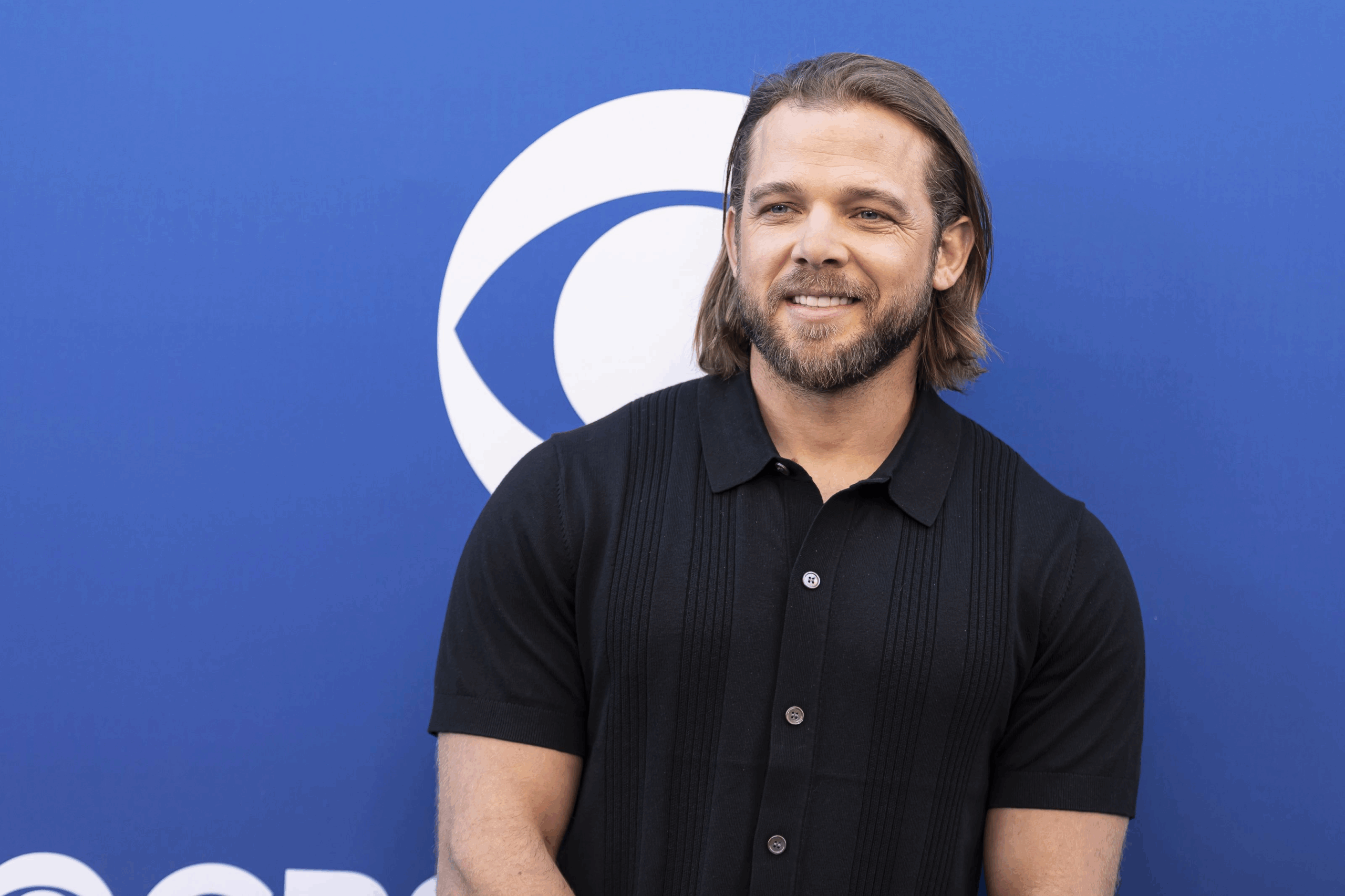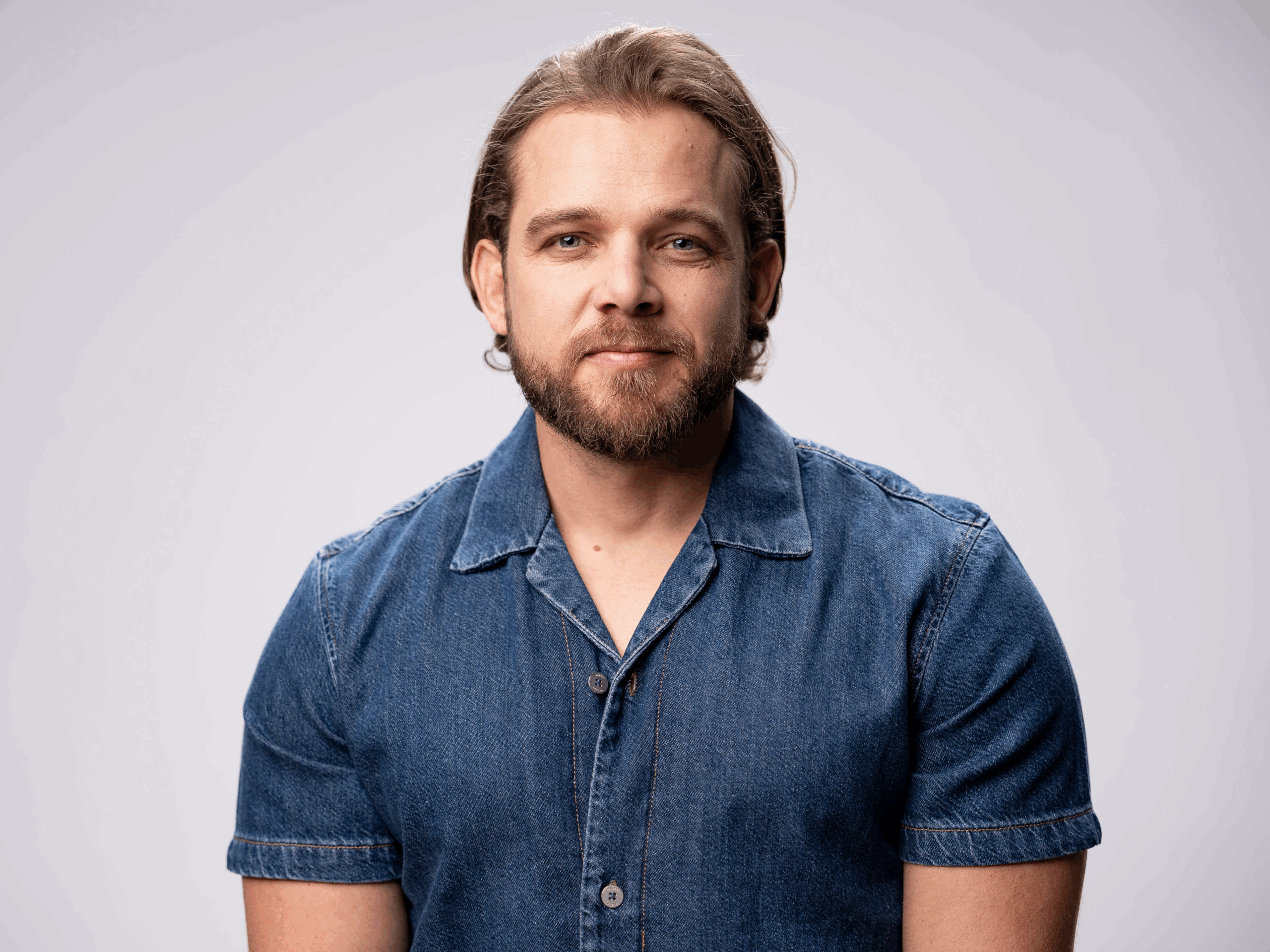
A Legacy Rooted in Words
Behind Max Thieriot’s layered performances and thoughtful scripts lies a personal foundation that shaped his sensitivity to human truth — and much of it traces back to his late grandmother, Marian Thieriot, a woman who helped preserve the art of storytelling in her own way.
Though Max rarely speaks publicly about his family’s lineage, those who know him closely point to his grandmother as one of the most formative figures in his early life — not just through love, but through her powerful connection to journalism, ethics, and civic life.
“She taught me that stories matter — but only if they’re honest,” Max said once. “Only if they serve someone beyond you.”
The Chronicle Bloodline
Marian Thieriot was born Marian de Young, a descendant of Charles de Young, co-founder of The San Francisco Chronicle. That newspaper would become one of California’s most influential publications — a cornerstone of West Coast journalism and a guardian of truth for over a century.
Though Max never entered journalism himself, that lineage of public service through storytelling left its mark. His grandmother was deeply engaged in cultural, literary, and philanthropic circles. Her home was filled with books, classical records, and quiet conversations about what made stories endure.
She taught Max — even as a boy — to listen first, speak second, and ask why something matters.

Early Lessons in Perspective
When Max began acting in his teens, Marian was one of his earliest cheerleaders — not for the glamour, but for the substance. She encouraged him to read widely, to study history, and to understand the human condition. When he took on more emotional roles as he matured, it was her voice in his mind urging him to “look deeper.”
Friends recall Max bringing script pages to her during breaks, asking her opinion on dialogue or emotional motivation. She never gave direction — only questions.
“What is this scene really about, Max?” she’d ask.
“Not what’s said. What’s felt.”
Moral Compass in a Noisy Industry
In an industry obsessed with image, Marian’s influence helped Max stay grounded. She reminded him that impact matters more than attention. That depth beats exposure. That if a role doesn’t serve truth, it’s just noise.
This ethos guided Max as he created Fire Country — a series about flawed people, second chances, and quiet redemption. It’s no surprise that the show avoids caricature and centers humanity — it’s the kind of storytelling his grandmother would have applauded.
“She believed in stories that made people see each other again. I try to honor that every time I write.”
Continuing Her Spirit Through Art
Though Marian passed away in 2006, Max still credits her with shaping his values. In interviews, he often references “old-world storytelling,” a phrase she used to describe work that resists trend and honors timeless emotion.
He keeps several of her books in his home — poetry, memoir, and journalism — and sometimes reads them before he writes. In many ways, her legacy lives on in the scripts he pens, the characters he champions, and the voice he offers to those society overlooks.
“She gave me the courage to believe in the quiet stories,” he once said. “The ones that don’t shout. The ones that stay.”
